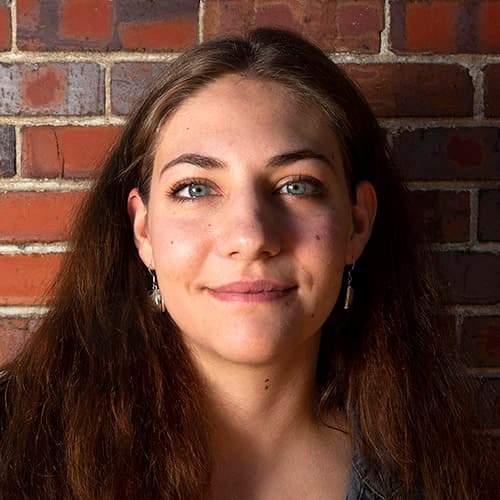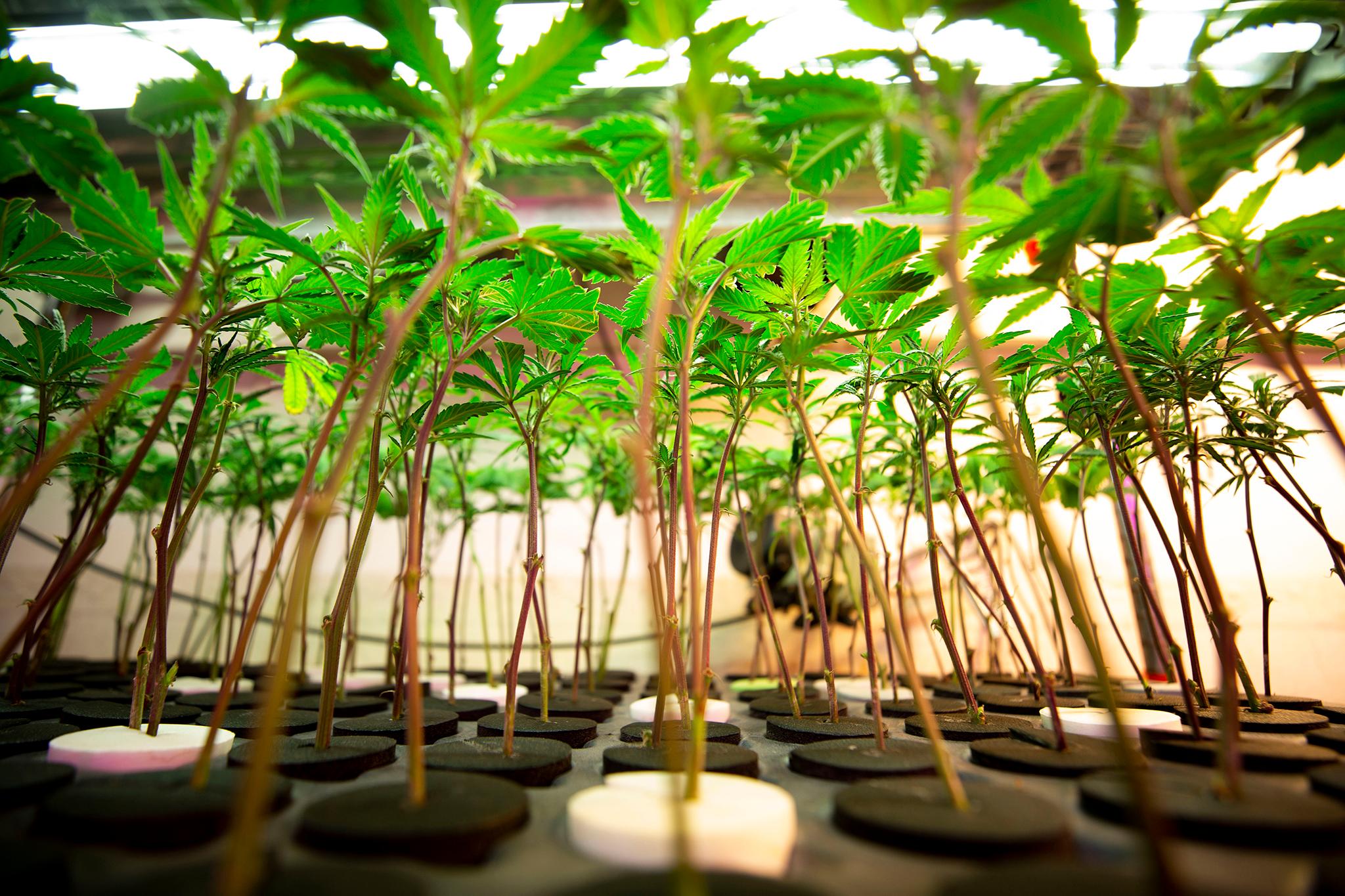For the next six years, Denver is reserving almost all new marijuana licenses for "social equity applicants." The six-year window is meant to offset years in which marijuana was legal and licensing neglected equity.
Colorado defines "social equity applicants" through a number of indicators. One criteria is that applicants or their family members have had marijuana convictions in the past. Another is that applicants lived in an area of Denver hit particularly hard in the war on drugs, or whose income falls below a certain threshold.
"What we're really trying to do with legalization is righting the wrongs of a systemically racist, failed drug war," said Peter Marcus, the communications director of Boulder-based marijuana company Terrapin Care Station. "Things that didn't manifest in Colorado through dispensary licenses and through cultivation licenses -- it's now manifesting in the form of these brand new licenses."
Terrapin Care Station recently partnered with a social equity business High Demand Delivery to deliver marijuana in Aurora, which approved cannabis delivery four months before Denver.
But Denver's legislation goes beyond just licenses for delivery. New marijuana licenses for almost all categories, including cultivation and retail, will be reserved for social equity applicants until 2027. Plus, application fees will be waived and overall licensing fees will be reduced. The new measure also eliminates the cap limiting new marijuana businesses in Denver, as well as the lottery that doles them out.
Denver passed its legislation on April 20 (officials promise it was a coincidence) and opened the new licensing applications June 23. There have been no applications yet, but this is likely because applicants must first be approved by the state.
And so far, nine social-equity applicants have been approved statewide. A majority appear to be Denver-based delivery companies.
Laron Bradford is in the process of getting approval as a social equity owner from the state. From there, he'll apply to the city. He's actively searching for spaces to open his own business, with the support of the dispensary where he's worked for the last four years. He qualifies for the social equity program through his income and having family members with prior marijuana charges.
"I didn't see any people of color in management. That was the biggest challenge," Bradford said of his experience so far in the industry. "I think that most owners knew that."
Aja Palomino is also applying as a social equity owner, with the hope of opening a dispensary in Denver.
"Since I've been in the industry, I've wanted to expand and do something on my own. And it's extremely difficult, if not impossible," Palomino said. "The only people that I've really seen be able to launch in this industry have been big moneymakers and big investors."
She said the bigger corporations "buy up a lot of these smaller licenses to expand," leaving mom and pop shops "in the dust."
She broke into the industry in Denver around 2017 as an entry-level budtender. According to a 2020 City of Denver report on cannabis employment and business opportunities, those low-wage entry positions often pose a barrier to enter the industry for those with low incomes.
"You have high hopes of being able to move up quickly, so there's a lot of companies that kind of promise that, but it doesn't necessarily work that way," Palomino said. "The opportunity for growth is pretty minimal, especially financially."
Palomino qualifies as a social equity applicant in at least one category because of a marijuana-related arrest. Around six years ago, Palomino was pulled over in Wyoming with an eighth of weed in her car. She hired a lawyer and, after a lengthy legal process, paid a fine.
While career advancement and low pay are issues, the inequality in the marijuana industry is even more extreme when it comes to ownership.
Colorado Department of Revenue data for 2021 shows that nearly 85 percent of owner licensees were white. Less than 2.5 percent were African American and only around 7 percent were Hispanic. Contrast this to state census estimates, which show that 4.6 percent of the state is African American and nearly 22 percent is Hispanic.
Respondents in the city's 2020 study on opportunity were well aware of this trend. Only 10 percent thought they had a fair chance to become owners.
Many advocates involved in the city's working groups crafting the legislation are happy with the goals of the social equity program.
"The people I've seen in the meetings... I've seen a lot of new faces that I haven't seen before. So I definitely think there is interest," Palomino said. "A lot of it comes from people who have been waiting for something like this to happen, waiting for their chance to be able to do something."













